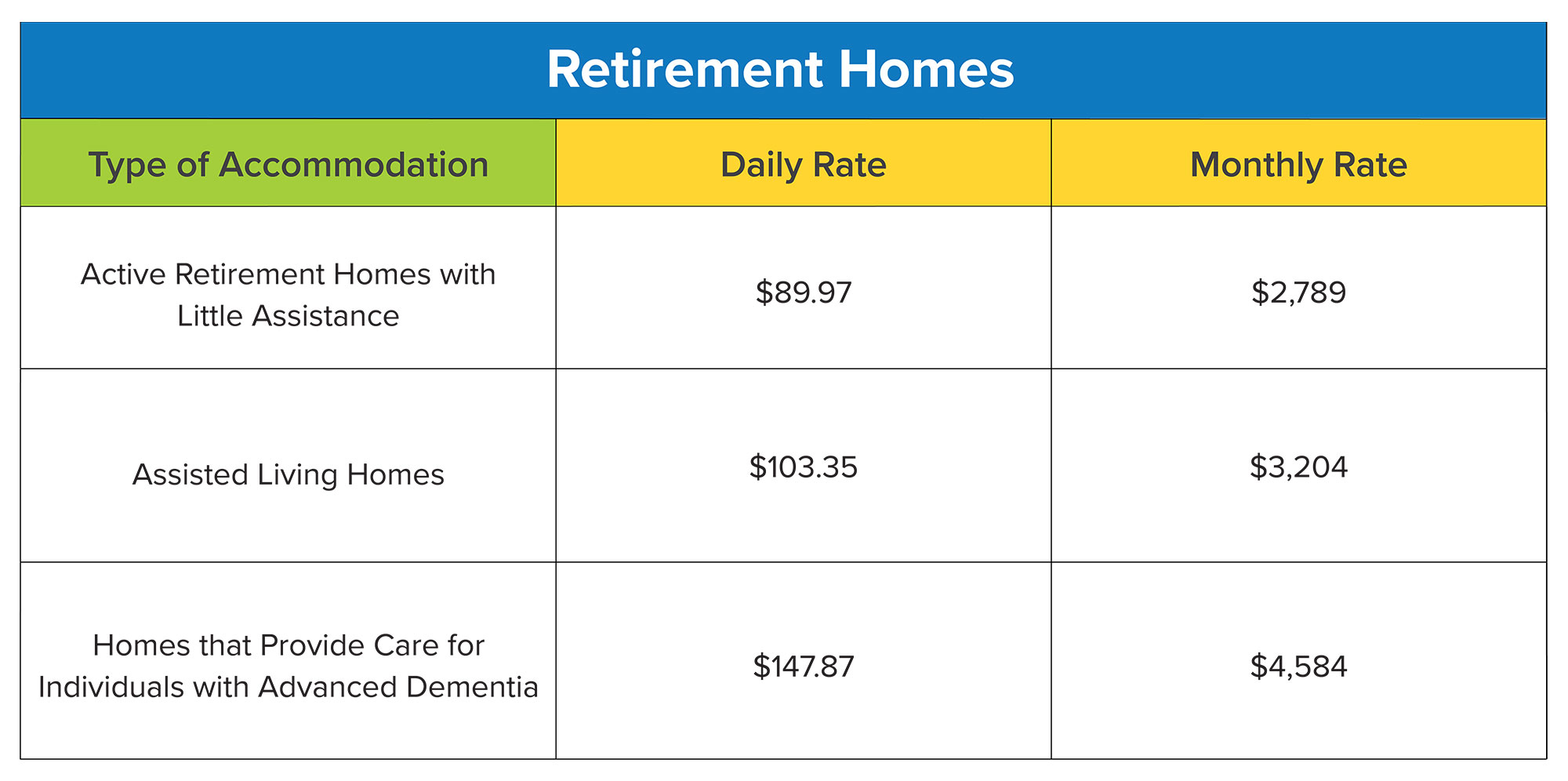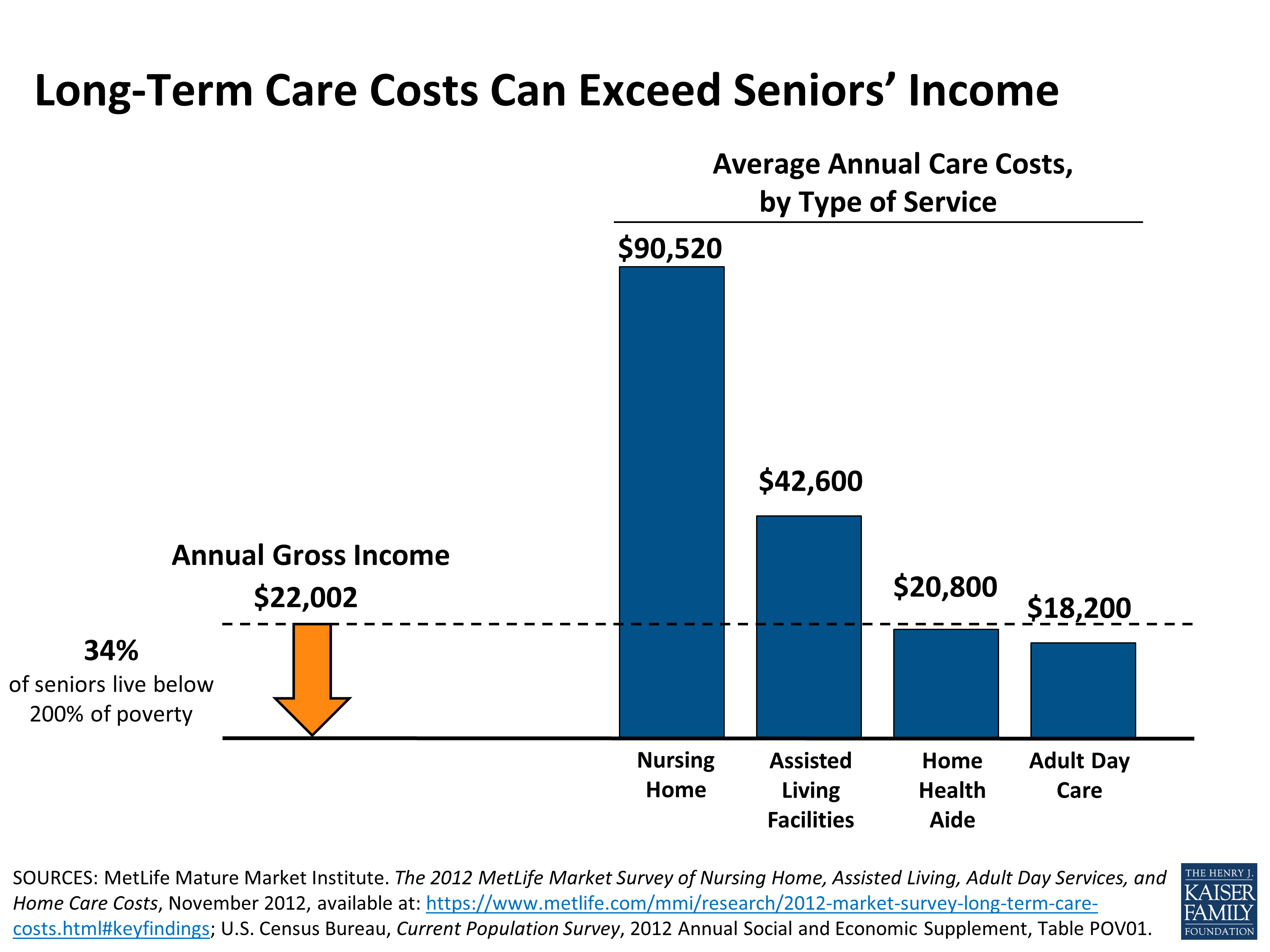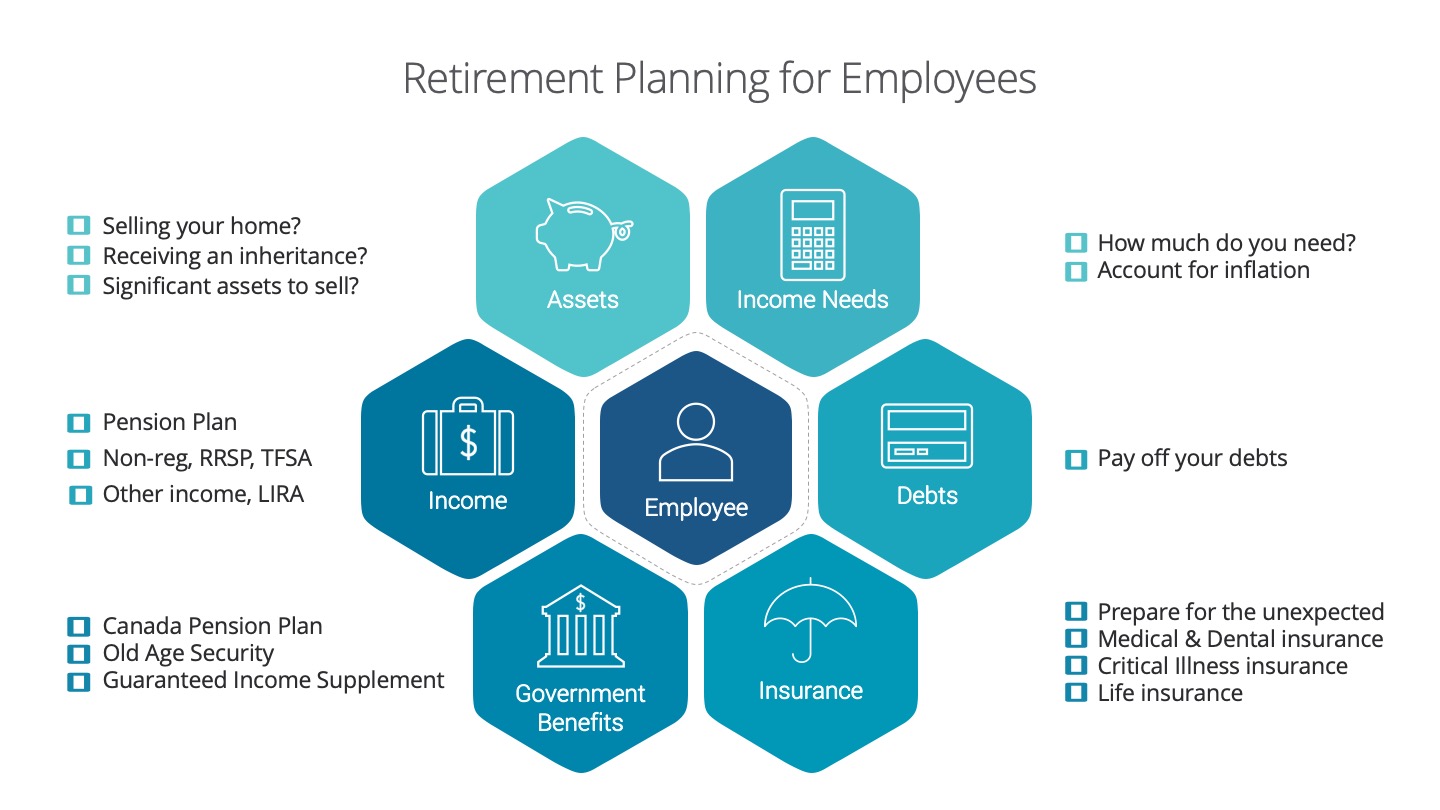A nursing home provides the highest level of long-term medical care available outside of a hospital, while a memory care facility provides specialized care to enhance the quality of life for people with dementia. Although both long-term care options offer 24-hour care, supervision, and meals, they differ in care services, staffing practices.. The key difference between a long-term care facility and a nursing home is this: In long-term care, the residents are there for physical and social services, whereas in a nursing home, the residents are there as patients in need of medical care. There is significant overlap in the services that a long-term care facility and a nursing home will.

LongTerm Care Home vs Retirement Home What’s the Difference?

3 Ways to Pay for Longterm Care — Michael Aloi, CFP

Jun 16 Planning for the Cost of Health and Longterm Care in Retirement Palos, IL Patch

Long Term & Retirement Care Pristine Quality Healthcare Services Corp

LongTerm Care Homes vs. Retirement Homes vs. Home Care in Ontario

The Retirement Café Long Term Care

Long Term Care Vs. Short Term Care for Elderly Smart Care Living Pick the Best Existence

6 Ways to Pay for LongTerm Care During Retirement — RichLife Advisors

How to Plan for Your Future After Retirement River Road Retirement Residence

Prepare to Care How to find out, Long term care insurance, Retirement financial planning

Long Term Care Insurance Policy Solver

LongTerm Care Costs Can Exceed Seniors’ KFF

Independent Living vs Assisted Living What's the Difference? Assisted living, Independent

LongTerm Care Home Expenses To Consider Canadian Budget Binder

Longterm care expenses are a key risk to your retirement plan, and you need to plan for them.

FAQs About LongTerm Care Insurance Long term care insurance, Long term care, Assisted living

LongTerm Care vs. Retirement Living What's the Difference?

LongTerm Care Homes and Retirement Homes What's The Difference? Nelligan Law

Retirement Homes vs Long Term Care Homes Prim Mart

Retirement Planning for Employees Kelly Smith Group
Research shows that roughly one in seven adults aged 65 or older will need long-term care at some point in their later years. Meanwhile, tens of millions of Baby Boomers in the United States are growing older and living longer. It seems inevitable, then, that the future of long-term care will be undergoing significant changes.. Keep in mind that skilled nursing is typically a temporary arrangement, and patients often transition back to home care or assisted living once their condition stabilizes. If your loved one just needs extra help with daily activities and has a few medical concerns, a long-term care facility might be the better option.